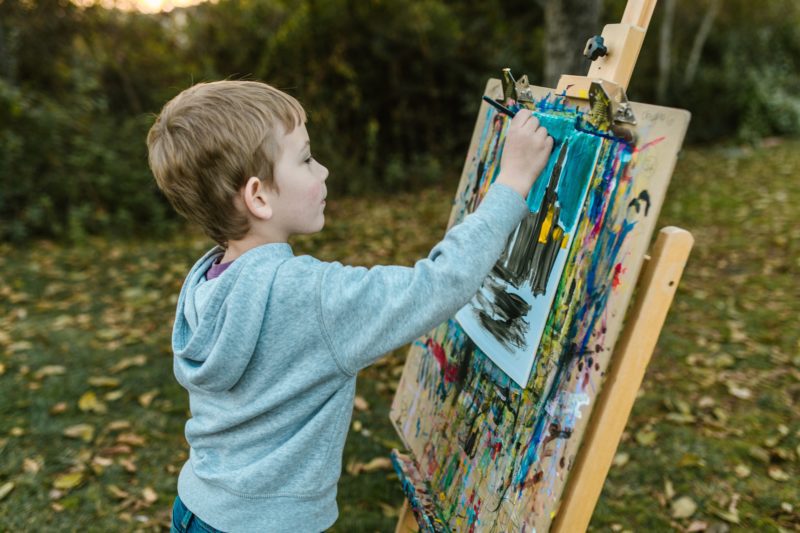
Concentration, for kids, is a hard thing to do. Kids are full of energy and very curious about everything surrounding them. It’s cute, but it can hinder their learning when they can’t sit still during classes.
Of course, some kids can concentrate easily, but you won’t be here reading this article if you have that kind of kid. One of the things that can make kids concentrate easily is to make them enjoy what they’re doing. The boring and repetitive ones that kids find hard to tune in to. Classes are not often this way; hence, we need to focus more on their classes.
Concentration is like mindfulness, which is a concept that has been garnering attention lately in the medical field. Mindfulness is the ability of a person to pay attention to a single thing at a given moment, and it has been shown to have some health benefits, especially to growing kids.
But how do you teach kids to focus more on their classes? Here are some simple tips.
Let Them Do One Thing at a Time
For adults, having the ability to multitask is a praiseworthy trait, but people often neglect the fact that when multitasking, people have less concentration and diminished performance. For kids, it’s even worse. They can only concentrate on something between 5-20 minutes and even less if they are bored.
That said, to maximize this small sliver of time, you can teach kids the whole alphabet. It takes only a few minutes. If you want them to master it quickly, you can make the activity much more fun by incorporating animal and vehicle sounds or associating them with colorful and fun toys from My Happy Helpers.
Don’t look ahead at all the things you want them to achieve later. Focus on one thing for now, and then you can move on to more complicated learning.

Break Things Down
This is in line with the first tip. Since kids can only concentrate on something for so long, breaking down more complicated things would be wise. This can make the learning experience much more manageable, focusing on a little more.
Also, by breaking things down, your kid will have a better picture of what needs to be done and a much more fulfilling experience learning. For example, say that your kid is still learning the alphabet. You can teach them the first ten letters and then little by little until they master the whole alphabet.
Help Them Practice Waiting
Kids are well-known to be impatient since they are full of energy and are generally curious. That said, it can be hard for them to wait for certain stuff like waiting for a sibling to finish with their toys, waiting in the doctor’s lobby, or waiting for the class to finish. You can practice waiting with your kids to make them more patient with that in mind.
One thing you can do is to make them distracted while waiting. However, don’t instantly reach for your phone and let them play with it. You can practice mind games with your kids instead. There are creative mind games that you can teach them, and these games can improve their focus and concentration.
One good example of a mind game that your kid will enjoy is the thinking game where your son will describe something, and you’ll have to guess it and vice versa. Another more physical game you can play is having your kid put his hand out with the palms facing up. Have your hands hover up his hands but with the palms facing down. The goal is for your kid to slap the top of your hands and then switch roles.
In addition, you can practice waiting with him during scenarios where your kid wants something but is not available at the moment, like when a sibling is playing with your kid’s favorite toy. If this is met with tears and tantrums, be sure to acknowledge these feelings and validate them, and then teach your kid the value of patience. This can be a struggle for you because building self-control can be hard, but it’s very worth it.

Create a Dedicated Workspace
Having a disorganized place where your kid is trying to learn can be a very distracting learning experience for your child. That said, make sure that your kid has a dedicated workspace where they can work and focus on the task at hand.
This space should be free of clutter, especially toys, because a minute or few after your classes start, they will start reaching for that toy. Instead, fill it with what they need for learning, like books and charts.
Final Thoughts
For a kid, having a fulfilling and fun learning experience is important because it makes them more interested in the subject matter and wants to know more. We must capitalize on their curiosity at this stage because this is when it is the strongest. By teaching them self-control and patience, they will be more disciplined in learning, resulting in a more organized life in the future.



